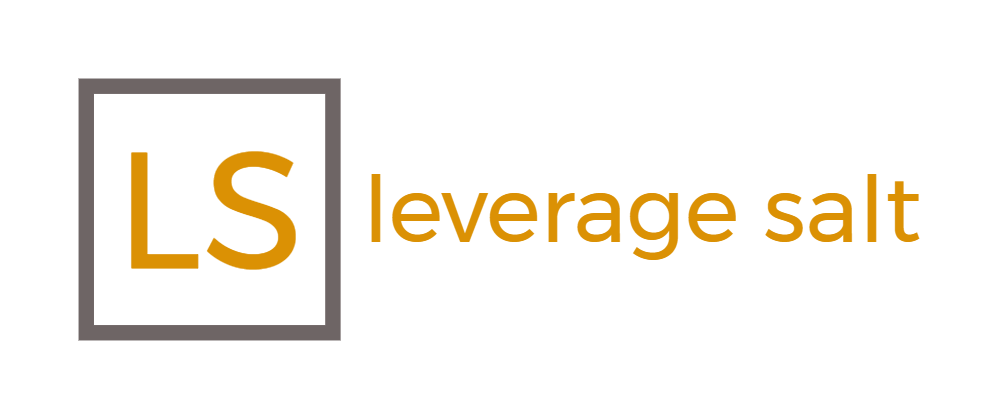Well, it's the day - solar eclipse day. A once in a lifetime event. Are you ready? Do you have your glasses? Will you see the total eclipse or partial eclipse?
According to the Washington Post, "the path of totality — the 70-mile-wide strip of America from Oregon to South Carolina in which the moon will, for a couple of minutes, block the sun — crosses the homes of an estimated 11 million people."
A total eclipse is something that happens once in a lifetime (if you are lucky; every 400 years or so). Well, today, our modern economy is converging with past sales tax law creating a sales tax 'eclipse' and is having difficulty figuring out how to look at it. We need the 'right glasses' to be able to tax remote retailers (online sellers) and marketplace platform providers. Amazon, since it is the largest marketplace provider I am aware of, has become the creator of this convergence, or sales tax 'eclipse.'
We - state and federal governments, departments of revenue, taxpayers and tax professionals - must accept the fact that this sales tax 'eclipse' is happening. We must also work together to find the 'right glasses' or we will cause damage to our 'eyes' (economy and state revenue).
Currently, states have imposed economic nexus standards and use tax notice and reporting requirements ALL with the intent to skirt the physical presence standard established by the Quill court case. The physical presence standard requires a retailer to have a physical presence standard in the state before the state can require the retailer to collect sales tax.
I am all for states figuring out the best way to tax these remote retailer transactions; or first determining if they should tax it. I get that the states need revenue. What I disagree with is how states are going about trying to make it happen. Adopting economic nexus laws that fly in the face of Quill to simply get companies to challenge the economic nexus law is ridiculous. States want taxpayers to either comply or challenge the law, hoping the U.S. Supreme Court will take the case and overturn Quill.
The use tax notice and reporting requirements are more burdensome and complicated than simply collecting and remitting sales tax. Again, another indirect way that states are simply trying to get companies to collect sales tax. If you can't change the law, create a law that is more complicated so companies choose the less burdensome road. I get it, but I disagree with it.
Companies want certainty. Companies don't want to focus on sales tax, they want to focus on their business. They want taxes to get out of the way or at least be something easy and clear to comply with. Companies don't want to get caught not complying and have to pay additional taxes, interest and penalties. The problem is, states are trying to force new tax collecting obligations without working together with businesses and tax professionals. They are forcing it, which is producing uncertainty and more confusion.
State taxes already present a maze of taxing jurisdictions all competing for business and revenue with non-uniform tax laws. With this sales tax 'eclipse' staring us down, all I ask is that we work together to find the 'right glasses.' I ask the states to stop forcing damage to our eyes.

